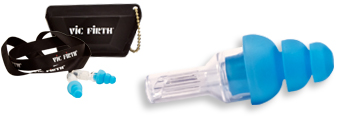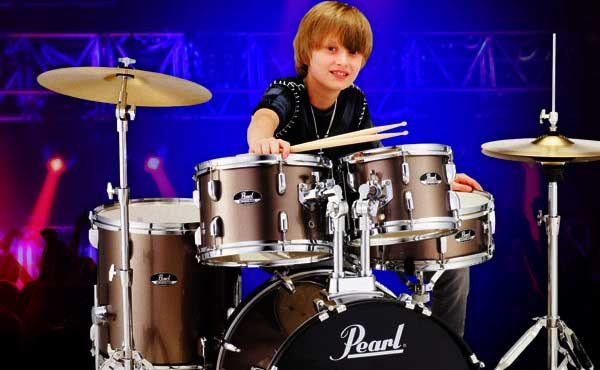New Products for 2015
We just got back from the NAMM show in Anaheim, where there were quite a few exciting new products unveiled. Over the coming weeks we’ll highlight some of those items we are most excited about. We’ll start with some great new products available from our friends at Vic Firth and Innovative Percussion.
See below for our highlights, but to see all the new products from these two great companies, please visit:
Vic Firth: http://www.vicfirth.com/exchange/2015/01/16/new-products-for-namm-2015/
Innovative Percussion: http://www.innovativepercussion.com/2015_new_products
New Products from Vic Firth
http://www.vicfirth.com/exchange/2015/01/16/new-products-for-namm-2015/
Split Wire Brush – Two separate rows of medium gauge wire to help produce a unique and varied weighting of sound with different qualities of articulation.
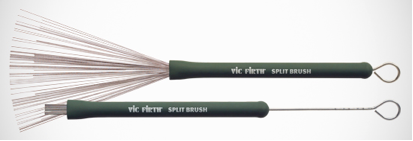
Universal Practice Tips – Add these to any sticks! Each package contains 2 pairs of rubber tips, providing the player with a pair and a spare!
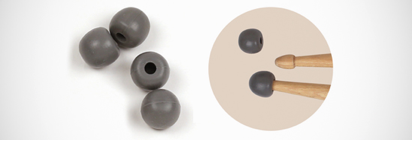
High Tension Drum Key – A new key designed for marching percussion applications, with clip.
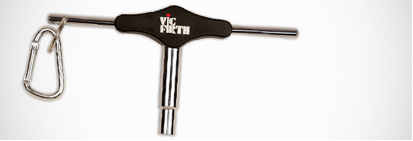
VicGloves – Specially designed to unique features to protect the player’s hands while improving grip.
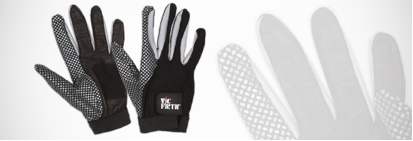
New Products from Innovative Percussion
http://www.innovativepercussion.com/2015_new_products
Chad Wackerman Paintbrush – An innovative new brush giving the player a number of different choices of timbre color.

Pedro Carneiro Series Mallets – Five models built with heavy synthetic cores, and featuring the PC-TT Tri-tone mallet.
![]()
Paul Rennick Tenor Sticks – Features a “Taj Majal” large wood bead and a latex sleeve on the butt end.
![]()
Mike McIntosh “Mizzle” Tenor Sticks – Features a smaller nylon tip and a removable synthetic sleeve.
![]()
Practice Pads – Two new models, both with black rims.
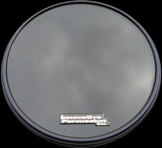
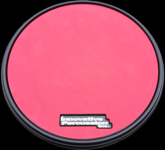
To see all the new products from Innovative Percussion, please visit:
http://www.innovativepercussion.com/2015_new_products

